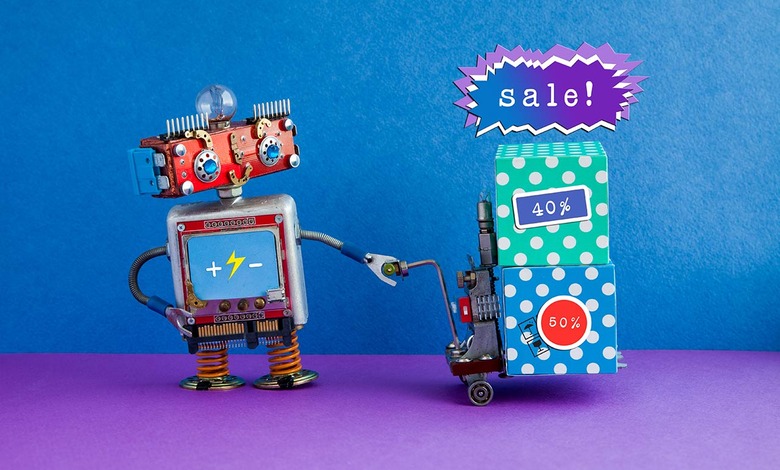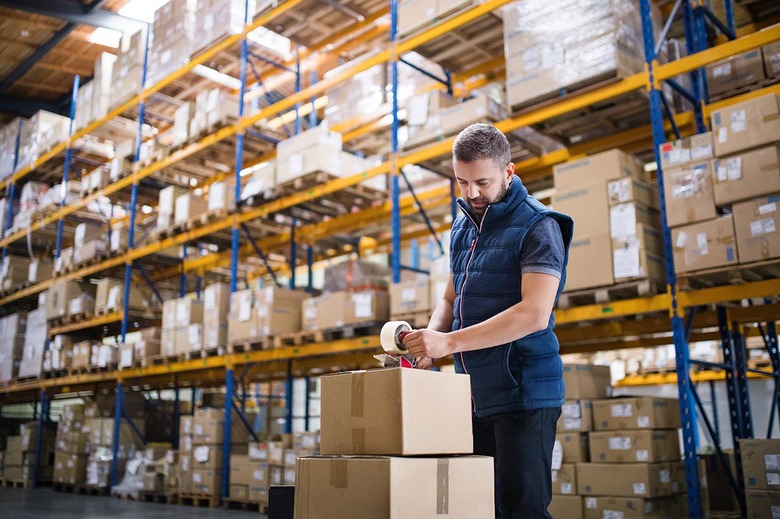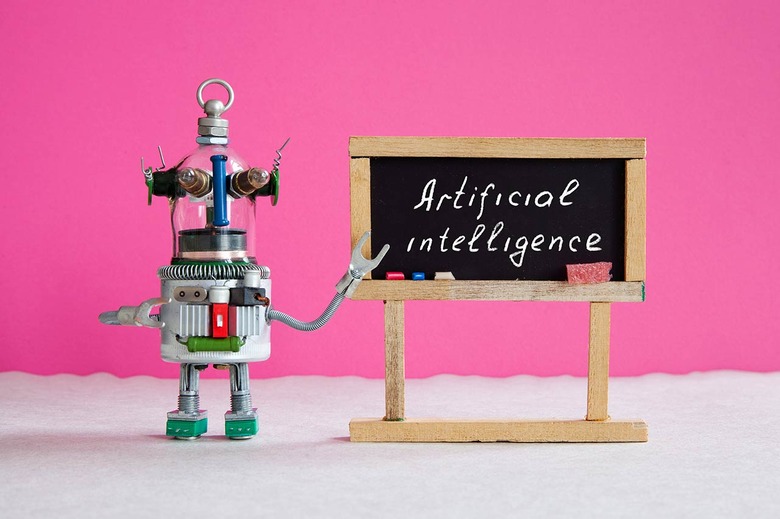How Companies Are Using Your Data
Jill picks up her phone to plan a trip out to meet a client. She checks her route via Google Maps, and realizes the best way to get there is on a cab. She gets an Uber and rushes down while sending a message via Gmail to her client to tell him she's on the way. Finally, she logs on to DoorDash to order some food for them to enjoy while they discuss. It certainly sounds like an average day of life, but in these short couple of minutes, Jill has already valuable data to over four companies that use it to understand consumers better and make products out of it. And taking a step back; Jill is part of a whole network of millions of consumers who leave data trails for corporations and data harvesters to analyze and learn more about what everyone wants.
Data seems to be all the craze these days. Companies making you do surveys and placing trackers all over websites that note down your every move. "Data products" seem to be the phrase that's thrown around a lot, but what are they?
Companies collect statistics from their customers to build an understanding of what we like and what we do. But on top of the material we provide via surveys and polls comes big data so large only computers can process to show trends and patterns. This is where the money's at today as corporations try to harvest as much details they can from the way behave to create new products that we never knew we wanted.
What do companies do with our data?
Advertising
Google, Amazon and Facebook may be handy internet services for the most of us, but they are first and foremost advertising agencies. With links all over the internet and our mobile devices, trackers – or cookies – take note of the sites we browse and the things we search.
This data is fed to algorithms that pair our activity with advertisements its closely associated with. If you were searching up phones online, the algorithm might put up ads for phone plans or phone cases. Other out looking for cars may find insurance deals.
Targeted advertising has become so much more cost-effective than billboards today, using data we leave online to accurately pinpoint consumers who'd want to see these ads.
Operations
Data is also carefully analyzed to make operations within a corporation more efficient. There's no clearer example than Amazon.
Jeff Bezos' company have patented an anticipatory shipping model, that uses data collected online to predict the products customers are likely to purchase. A sudden surge of searches for winter clothing in Illinois instructs Amazon to send more winter items to local distribution centers in the area, which will be ready for one-day delivery.
Data products like these help Amazon to reduce delivery time and wastage of goods, raising the likelihood of stock getting sold.
Monetizing data
Many of these internet giants provide the infrastructure for the rest of the internet. Amazon offers Amazon Web Services, powering over 40% of internet servers. Google connects billions of websites together with its search engine and other applications. And all of these points generate big data for their parent company.
Amazon and Google have programmed algorithms to digest this big data and sell it back to clients. This is in the form of clickstream analytics, recommendation engines and other data products that are sold to businesses to boost operations.
We often miss how corporations are earning money when they aren't in the consumer sphere, like our products on Amazon Prime. But monetized data services like AWS is where most of the profit is at – half of Amazon's total profit in Q1 of 2019.
AI
Uber may be struggling for profits due to the unprofitable structure of the ride-hailing system, but data may solve its problems in the long run. Every day, its millions of riders provide trip data. Each ride – or even cancelled ride – offers Uber an idea of a person's favorite locations, how long she spends on a ride and how much they are willing to spend.
These rides may not provide Uber with much profit, but all this data collection unlocks it's the potential for machine learning and ultimately, artificial intelligence.
Powered by our data, companies like Uber can completely automate its dispatching software to maximise efficiency of its trips. And eventually as technology catches up, this data could very well be the brains of driverless vehicles. These automated cars understand users' preferences, learn about road conditions and safe driving from the data we unconsciously offer today.
Most shockingly, driverless cars mean companies like Uber won't be needing their drivers any more. Robot drivers are likely to have fewer accidents, drive more efficiently and also complain less. It makes complete sense for a profit-driven company, but a dark future for our cabbies.
Much of the data today seems to be channelled into AI, which thrives on data for accuracy and effectiveness.
What it means for the rest of us?
Security woes
Big data in the hands of a few also means we have little choice but to place trust in these corporations to handle our information.
The everyday man may have little to lose but pulling information from various sources – the things we search, buy, watch; places we go to; people we talk to – can paint a fairly reliable and uncanny picture of us. And it's all in the hands of the few corporations out there. Internet security – and knowing what to keep off the internet – has never been more crucial.
Job woes
In a technology-driven world, data is the new raw material everyone is after. But just as coal replaced jobs we did with our hands, data products threaten to do the same.
Backed by data from millions of users, decisions made by AI could very well be more reliable than the erratic human mind. Cruel as it is, automation a logical next step for corporations in maximizing efficiency.
We can prepare ourselves for the inevitable shift in the industry with adequate retraining and development of expertise in areas computers can't touch. It's still early days, but it's coming.




